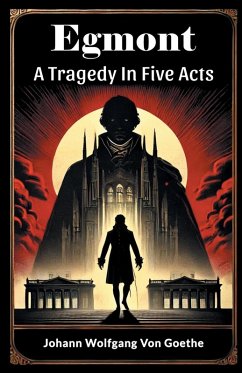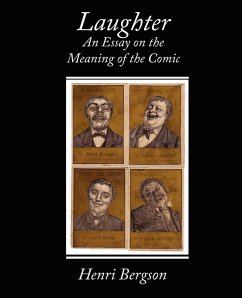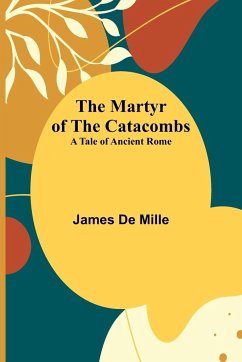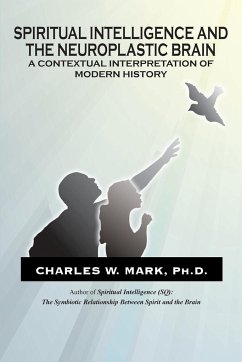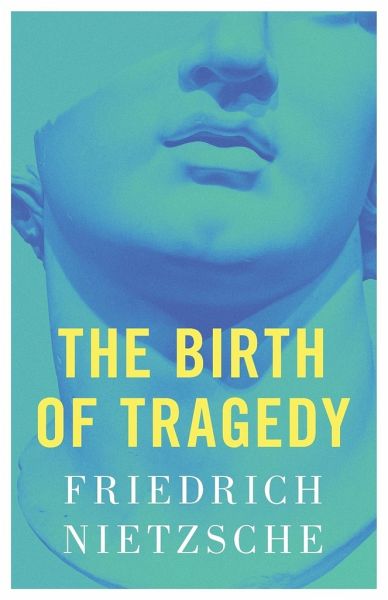
The Birth of Tragedy
Versandkostenfrei!
Versandfertig in 1-2 Wochen
18,99 €
inkl. MwSt.

PAYBACK Punkte
9 °P sammeln!
Nietzsche's The Birth of Tragedy describes the origins and essence of Greek tragedy, offering a unique lens through which to understand the complex interplay of art, culture, and psychology. Nietzsche introduces the contrasting concepts of the Apollonian and Dionysian as fundamental forces in art: the Apollonian symbolizes structure, order, and beauty, and the Dionysian represents chaos, ecstasy, and raw emotion. This groundbreaking work explores how these forces were harmoniously united in Greek tragedies, creating art forms that allowed individuals to confront life's suffering and find deep,...
Nietzsche's The Birth of Tragedy describes the origins and essence of Greek tragedy, offering a unique lens through which to understand the complex interplay of art, culture, and psychology. Nietzsche introduces the contrasting concepts of the Apollonian and Dionysian as fundamental forces in art: the Apollonian symbolizes structure, order, and beauty, and the Dionysian represents chaos, ecstasy, and raw emotion. This groundbreaking work explores how these forces were harmoniously united in Greek tragedies, creating art forms that allowed individuals to confront life's suffering and find deep, cathartic meaning. Nietzsche argues that this balance has been lost in modern culture, advocating a rebirth of tragic art to revitalize society's spiritual health. The Birth of Tragedy is more than a historical analysis; it is a passionate call to embrace the full spectrum of human experience, to acknowledge the necessity of suffering, and to find within it the potential for transcendence and beauty. This book challenges readers to rethink their views on art, culture, and the human condition, making it a timeless piece of philosophical literature.







